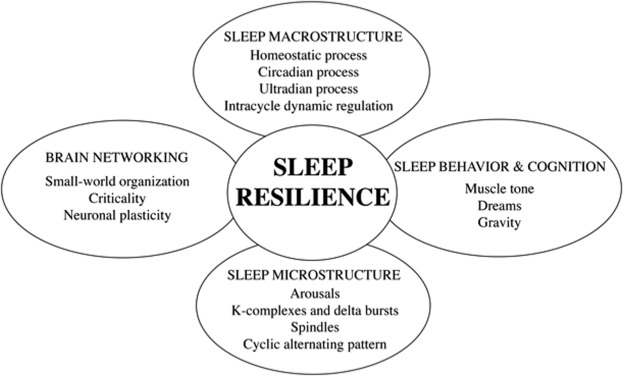Getting enough quality sleep is essential for our overall health and well-being. While we sleep, our bodies and minds undergo important restorative processes that help us function at our best during the day. Unfortunately, many of us don’t prioritize sleep as much as we should, and we may suffer from the negative effects of sleep deprivation as a result.

The importance of sleep for physical and mental health. We’ll discuss the ways in which sleep affects different aspects of our health, from our immune system to our mood and cognitive abilities.
First and foremost, sleep is crucial for our physical health. During sleep, our bodies repair and regenerate tissues, produce hormones that promote growth and development, and strengthen our immune systems. Lack of sleep can compromise all of these processes, leading to a wide range of health problems such as obesity, diabetes, heart disease, and weakened immunity.

But sleep is also vital for our mental health. Studies have shown that sleep deprivation can negatively affect our mood, cognitive abilities, and decision-making skills. It can also increase our risk of developing mental health conditions such as depression and anxiety.
In addition to discussing the importance of sleep, we’ll also provide some tips and strategies for getting better sleep. These might include creating a relaxing bedtime routine, establishing a consistent sleep schedule, and avoiding stimulants such as caffeine and electronics before bed.
Sleep is essential for our physical and mental health. It’s the time when our bodies can rest and repair themselves, and our brains can consolidate memories and process emotions. However, in today’s fast-paced world, many of us struggle to get enough sleep or prioritize it in our daily lives. In this post, we’ll explore the importance of sleep for physical and mental health and offer some tips for getting better sleep.
Physical Health Benefits of Sleep:

Sleep is essential for a strong immune system. During sleep, the body produces cytokines, which help fight off infections and inflammation.
2 .Maintains Heart Health:-

Lack of sleep has been linked to a higher risk of cardiovascular disease. Sleep helps to regulate blood pressure and reduce inflammation in the body.
3. Helps Control Weight:-

Sleep plays an essential role in regulating hormones that control appetite and metabolism. Getting enough sleep can help control weight and reduce the risk of obesity.
Mental Health Benefits of Sleep:
1.Reduces Stress and Anxiety:-

Sleep helps regulate emotions, reducing the risk of developing mood disorders such as anxiety and depression.
2.Improves Cognitive Functioning:-
Sleep is essential for learning, memory, and concentration. Getting enough sleep improves cognitive functioning and productivity.
3.Enhances Emotional Resilience:-

Sleep helps to regulate mood and emotional responses, leading to greater emotional resilience and well-being.
Tips for Getting Better Sleep:
1. Establish a sleep schedule:

Go to bed and wake up at the same time every day, even on weekends.
2.Create a sleep-conducive environment:

Make sure your bedroom is cool, dark, and quiet.
3.Limit screen time:

Avoid using electronic devices before bed, as the blue light can disrupt sleep.
4. Avoid caffeine and alcohol:

Both can disrupt sleep and reduce sleep quality.
5.Manage stress:

Practice stress-reducing techniques such as meditation, yoga, or deep breathing exercises.
In conclusion, getting enough sleep is crucial for physical and mental health. By understanding the benefits of sleep and prioritizing it in our daily lives, we can improve our overall well-being and lead happier, healthier lives.

